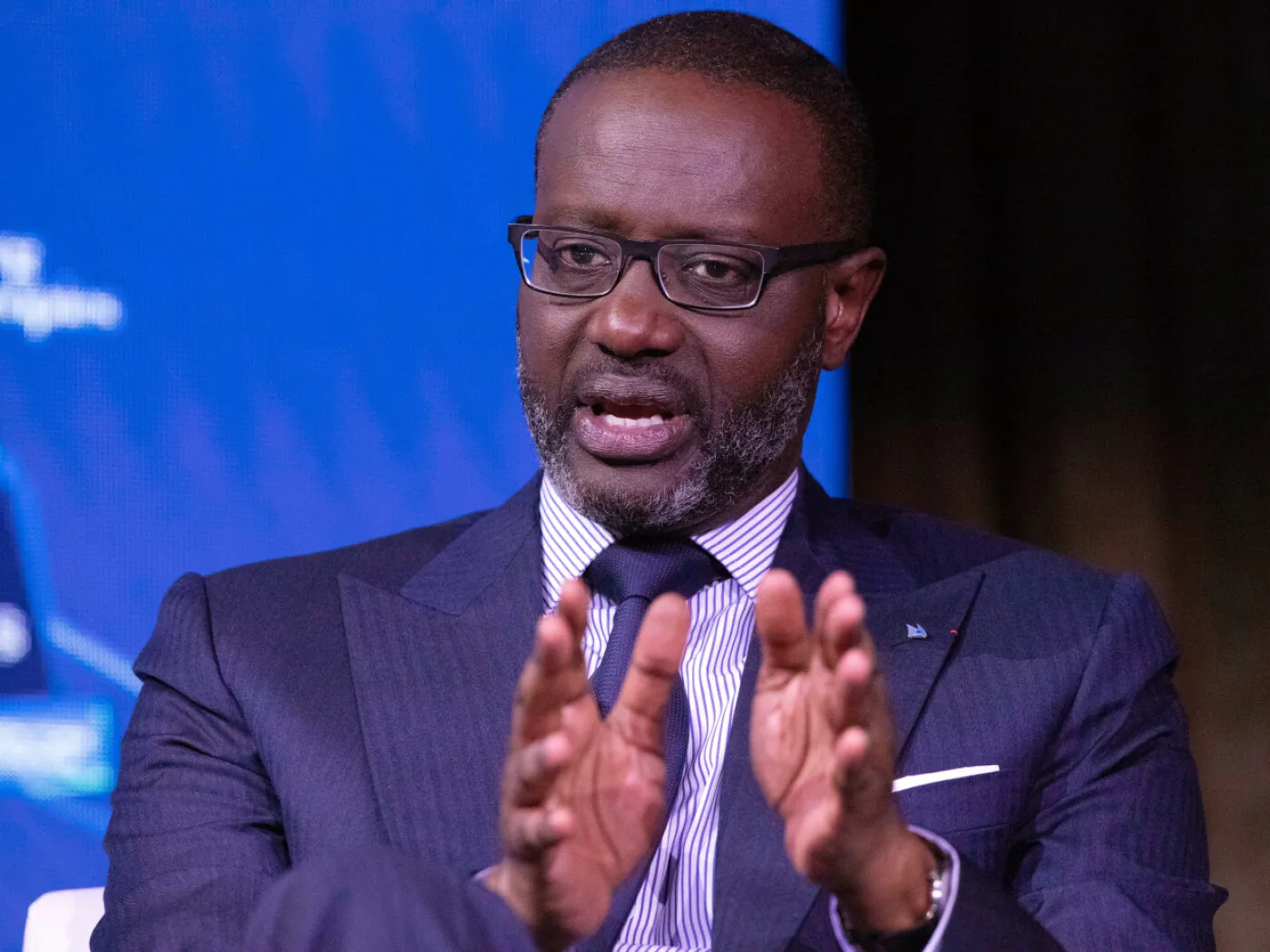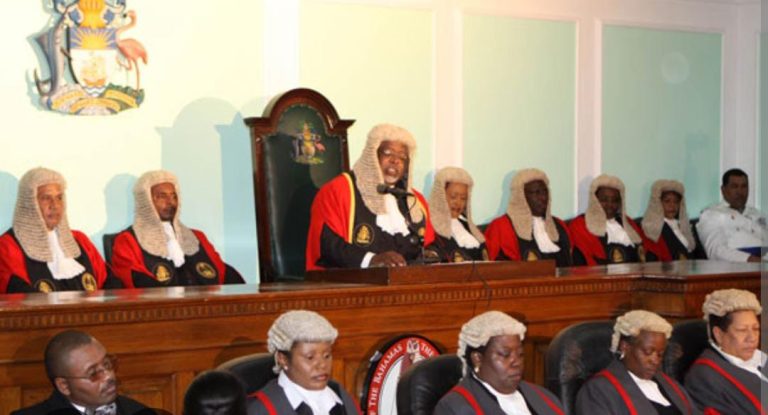Burkina Faso Bans Judicial Wigs to Cut Colonial Ties
Editorial : Africa Eye
The President of Burkina Faso, Ibrahim Traoré, has announced a historic decision to ban the use of French and British judicial wigs, in a move aimed at strengthening national identity and eliminating remnants of colonial dominance.
In his speech, Traoré emphasized that this initiative is part of his country’s efforts to build a judicial system that better reflects national values. He stressed the need to break away from symbols of foreign control, stating: “We must rid ourselves of the remnants of colonialism and establish a judiciary that truly reflects our identity.”
This decision is part of a broader movement across Africa to abandon colonial traditions and replace them with practices rooted in local cultural heritage. Many countries still retain elements of colonial influence, including judicial and legal attire that originated during the British and French colonial eras.
Legal experts argue that this measure goes beyond a mere change in appearance, as it signifies a profound transformation in the judicial system’s approach. It also paves the way for broader legal reforms that align more closely with the unique characteristics of Burkinabé society.
This step is part of Burkina Faso’s ongoing efforts to review and eliminate any remaining colonial influences within state institutions, in pursuit of complete cultural independence. The country appears to be steadily moving towards building a sovereign legal identity, free from the shadows of the past and more in tune with the aspirations and future of its people.
-

South Africa: The Billionaire’s Quiet Ascent to Power
Rédaction: Africa Eye A quiet yet potent movement is stirring within the African National Congress (ANC), as influential members discreetly advocate... Politics -

President Ghazouani Inaugurates Major Infrastructure Projects in Nouakchott, Launches National Blood Center Initiative
Edition: Widad WAHBI President Mohamed Ould Cheikh El Ghazouani presided Thursday morning over the inauguration of three major infrastructure projects in... Economy -

Trump Suggests Russia’s World Cup Return Could Help End Ukraine War
Edition: Widad WAHBI U.S. President Donald Trump has floated the idea that allowing Russia to participate in the 2026 FIFA World... Politics -

Ethiopia Bets on Young Minds to Build an Innovation-Driven Economy
Edition : Africa Eye The Ethiopian government inaugurated, yesterday, Tuesday, the fourth edition of the National Skills Competition in Addis Ababa... Economy -

Ivory Coast: A Thousand Young Supporters Rally for Opposition Candidate Thiam
Edition: Africa Eye Around a thousand young supporters of Ivory Coast’s main opposition party gathered on Sunday in Abidjan to demand... Politics -

Ivory Coast: Main Opposition Party Mobilizes, Calls for National Uprising
Edition : Africa Eye Ivory Coast’s main opposition party, the Democratic Party of Côte d’Ivoire (PDCI), mobilized thousands of supporters on... Politics

 Follow the latest news on WhatsApp
Follow the latest news on WhatsApp  Follow the latest news on Telegram
Follow the latest news on Telegram  Follow the latest news on Google News
Follow the latest news on Google News  Follow the latest news on Nabd
Follow the latest news on Nabd 











